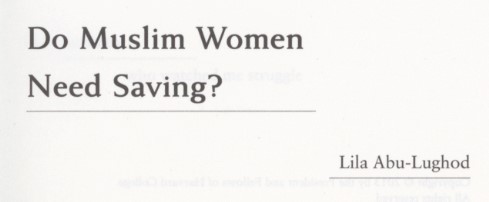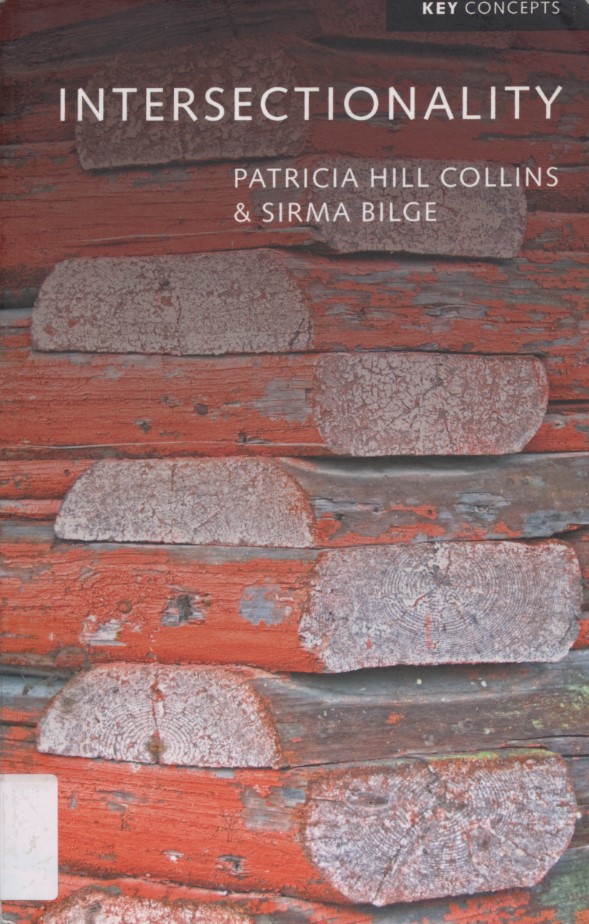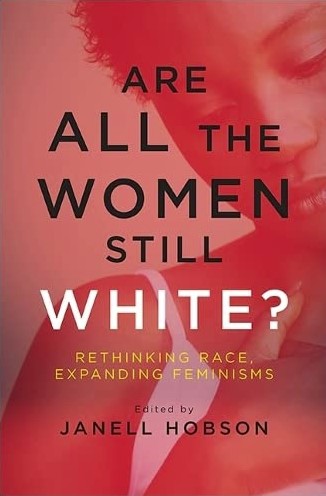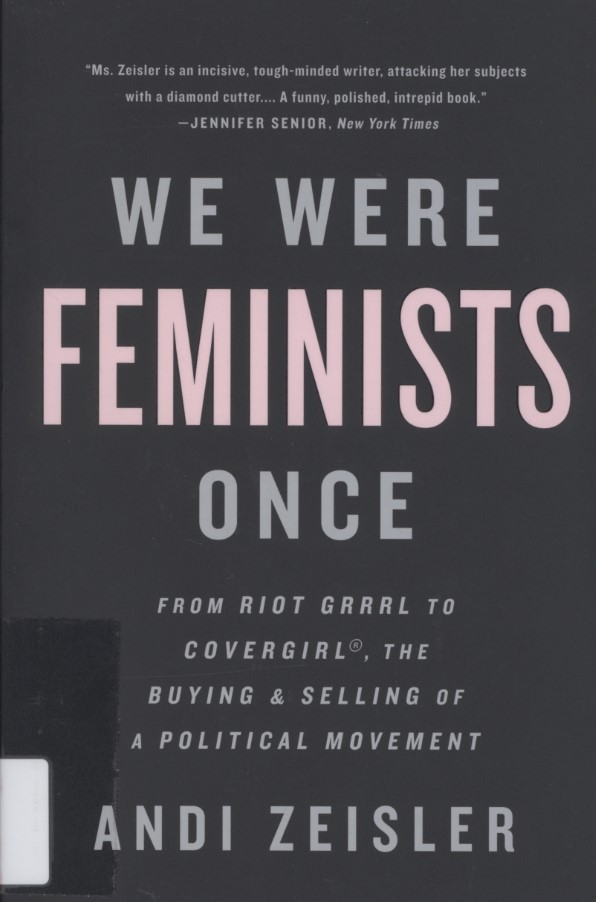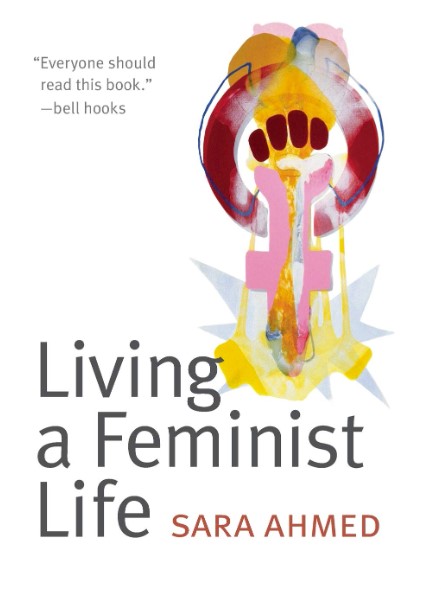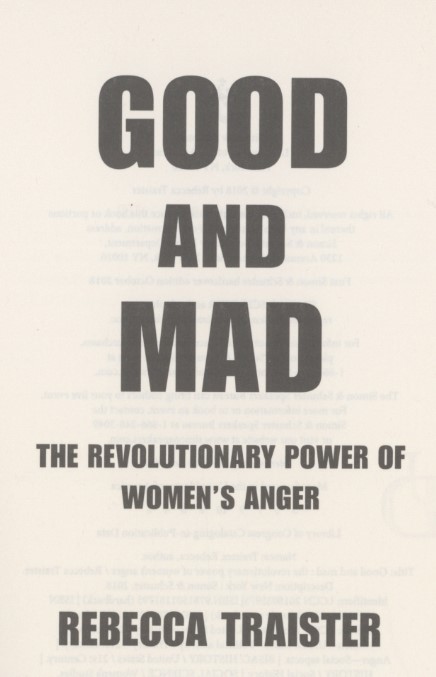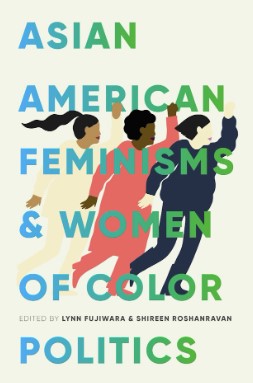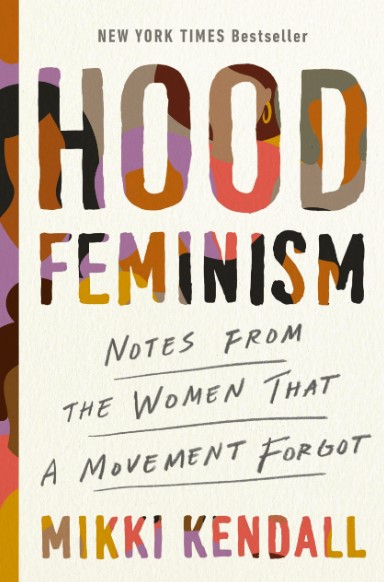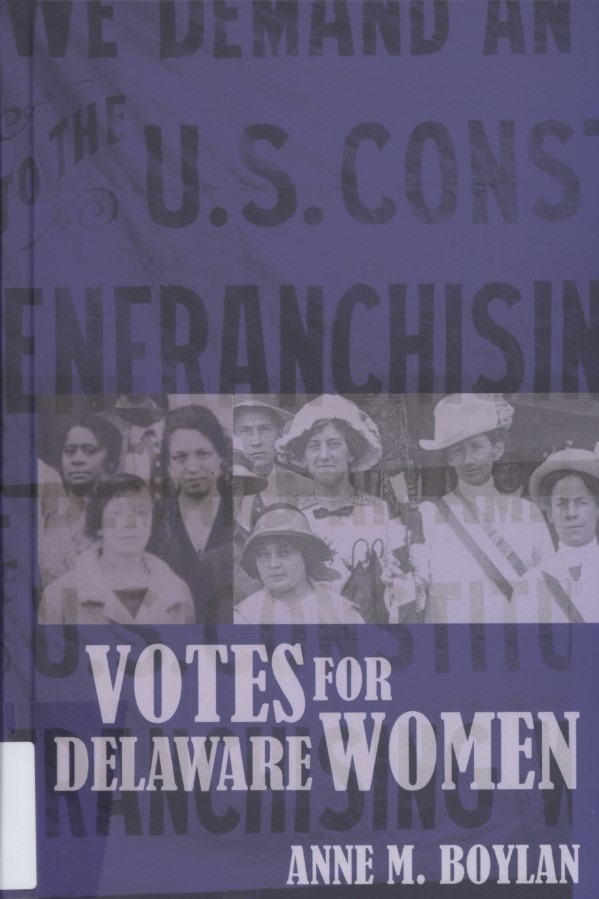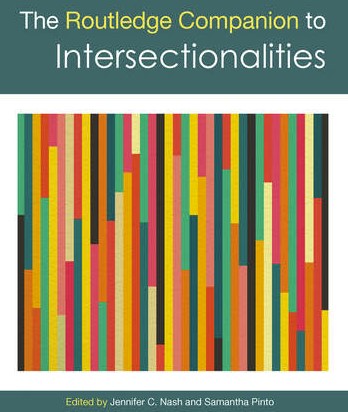[41] Do Muslim Women Need Saving?
Fey Figueroa: As a feminist anthropologist, Lila Abu-Lughod focuses her research on Muslim women, especially those in North Africa and the Middle East. In this study, she records the experiences and voices of individual Muslim women. All reject the idea that they need to be liberated, whether by Western feminists or Western military forces, and point instead to ways in which non-Muslim women, too, are oppressed. Her work is especially critical of Western media’s construction of the concept of “honor crimes,” which she sees as a way of singling out Islam for blame and taking attention away from the many kinds of gender-based violence occurring in every culture around the world.
[42] Intersectionality
Meolah Delinois: Patricia Hill Collins and Sirma Bilge apply a global and societal perspective to the dynamic interdisciplinary term “intersectionality,” which relates to the framework for understanding the interconnectedness of social categories and how they interact to create systems of oppression and discrimination. Their book opens the door to hard questions concerning feminist theory and challenges readers to examine their own assumptions about social operations. Collins and Bilge assert how vital intersectionality is to understanding not only the barriers faced by individuals, but communities. This work builds on what Collins, a distinguished sociologist, had done in Black Feminist Thought (1990) when writing about standpoint theory. Intersectionality adds to feminism by making all readers rethink how inclusive their feminism really is.
.
.
.
.
[43] Are All the Women Still White? Rethinking Race, Expanding Feminisms
Jacob Galvin: This collection of essays, poems, and personal narratives considers the state of contemporary feminisms and asks what, if anything, has changed since publication of the groundbreaking volume about Black women and Women’s Studies, All the Women Are White, All the Blacks are Men, But Some of Us Are Brave (1982). A guide to rethinking feminism intersectionally, this book encourages readers to interrogate the inclusiveness and expansiveness of their own feminisms. Its editor, Janell Hobson—a professor and also a writer for Ms. Magazine—has assembled work by feminists of color that supports constructing coalitions to move beyond binaries, whether in academic or activist spaces, and has included essays such as a “Herstory” of the #BlackLivesMatter movement by Alicia Garza.
.
.
.
.
[44] We Were Feminists Once: From Riot Grrrl to CoverGirl, the Buying and Selling of a Political Movement
Emily Myers: Capitalism and pop culture have, according to Andi Zeisler, co-opted feminism. They have turned it into what she calls “marketplace feminism,” with its “one-size-fits-all” identity. Emphasizing the purchase of commodities as sources of individual “empowerment,” they have deliberately stripped feminism of its potential to create large-scale change. Looking closely at everything from advertising to Hollywood film, “Girl Power” to underwear, Zeisler dives into the feminist past and present. Knowing how easy it is just to go along with what various forms of U. S. media churn out constantly as content, she warns readers to beware of manipulation by corporate interests. In doing so, she hopes to bring feminism back to its true purpose and goals as a radical political movement.
.
.
.
.
[45] Living a Feminist Life
Anna Reynolds: What are feminism and feminist theory? What does it mean to lead a feminist life? According to Sara Ahmed, a queer Pakistani-British writer who gave up her academic career, feminism is all around us, and it is (and should be) part of everything we do. Here, Ahmed uses personal examples to connect with readers and build understanding of how feminism and feminist theory are created through everyday experiences. She works to make concepts such as intersectionality comprehensible to all, while still enabling feminist scholars to learn a thing or two. Feminists, she believes, must ask questions and raise objections to bring about a better world and not be afraid to be “killjoys” for pointing out injustices.
.
.
.
[46] Good and Mad: The Revolutionary Power of Women's Anger
Grace Sweetman: In the wake of Donald Trump’s election, the feminist journalist Rebecca Traister looked to #MeToo movements and other forms of activism as hopeful signs that women’s anger was fueling a drive for social justice. Good and Mad demonstrated how women’s rage had been a force in successful protests, including those by Black women, throughout U. S. history and could be again. Traister drew together examples of women’s collective experiences of harassment, assault, and oppression, along with ways of protesting and confronting these. For her, anger is a healthy and necessary response, although women have often been discouraged from feeling, let alone expressing it. This book was meant to inspire readers to unleash the power of their own political anger.
.
.
.
.
.
[47] Asian American Feminisms and Women of Color Politics
John Eichler: Amid steep rises in hate crimes against Asian American communities, the voices of Asian Americans and accounts of their diverse experiences are more essential than ever; yet they rarely receive the attention they deserve. This anthology serves as an important intervention, showing how greatly feminist perspectives contribute to determining what will be needed, going forward, for positive change. Analyzing a broad cross-section of the Asian diaspora in America, these essays use a lens of decolonization to examine everything from so-called “Third World Women’s” issues to complicity in settler colonialism, radical versus liberal feminism, and the notion of model minorities. Extending beyond “wave” theories of feminism and focusing on women of color, this volume promotes Asian American visibility and activist movements.
.
.
.
.
[48] Hood Feminism: Notes from the Women That a Movement Forgot
Wyatt Patterson: A Black activist and critic, Mikki Kendall indicts mainstream feminism as a movement historically dominated by white and middle-class concerns—one that still fails to address the needs of marginalized communities of color and those living in poverty. This volume’s eighteen chapters are concerned with defining matters of survival—access to education, medical care, decent housing, physical safety, etc.—as issues urgently in need of feminists’ attention. Along the way, Kendall also recounts her own experiences with everything from the hyper-sexualization of Black bodies to lack of awareness about women of color with eating disorders. Throughout, she calls on white feminists to overcome their biases and create an inclusive environment in which all women feel seen, heard, and cared about.
.
.
.
[49] Votes for Delaware Women
Angela Hoyle: Delaware was supposed to be the final state needed to ratify the Nineteenth Amendment, granting U. S. women the right to vote. Why that did not happen is the subject of this book by Anne M. Boylan, a professor of History for over thirty years at the University of Delaware, where she was crucial in developing first Women Studies and then Women & Gender Studies. Using archival materials, her study charts the course of Delaware's suffrage movement, focusing on the racial politics that divided it and recovering the forgotten stories of key figures, events, and organizations—especially the important role of Black women suffragists such as the poet and journalist Alice Dunbar-Nelson—who strategized to secure full citizenship for women.
.
.
.
.
.
[50] The Routledge Companion to Intersectionalities
Professor Margaret D. Stetz: Although the concept of intersectionality was developed over decades, especially by Black feminist theorists, it has recently become a target of censorship and banning by rightwing U. S. politicians. This is no coincidence, for intersectionality, with its emphasis on the intertwining of minoritized identities and structural oppression, is now the dominant perspective used by feminist academics everywhere. Fifty years after the founding of Women’s Studies at the University of Delaware, intersectional feminism remains controversial, but also increasingly influential worldwide. This volume attests to its widespread importance, with fifty-three essays applying it to everything from medicine, to pop culture, to incarceration patterns, to immigration, while going outside U. S. borders to China, North Africa, and beyond. Feminist thinking is alive everywhere!

